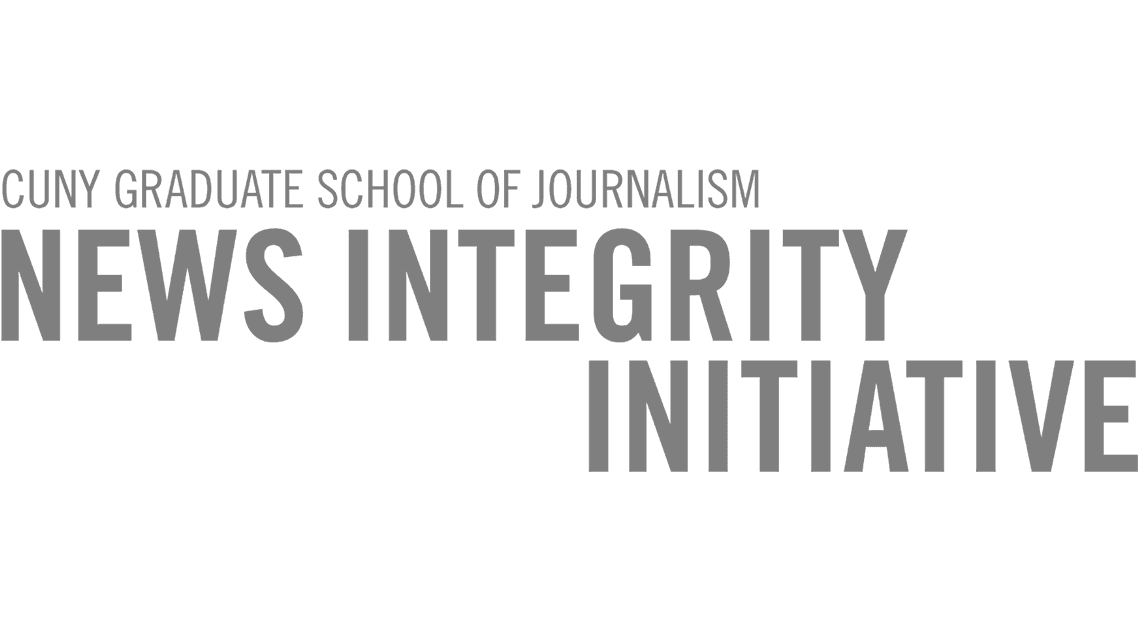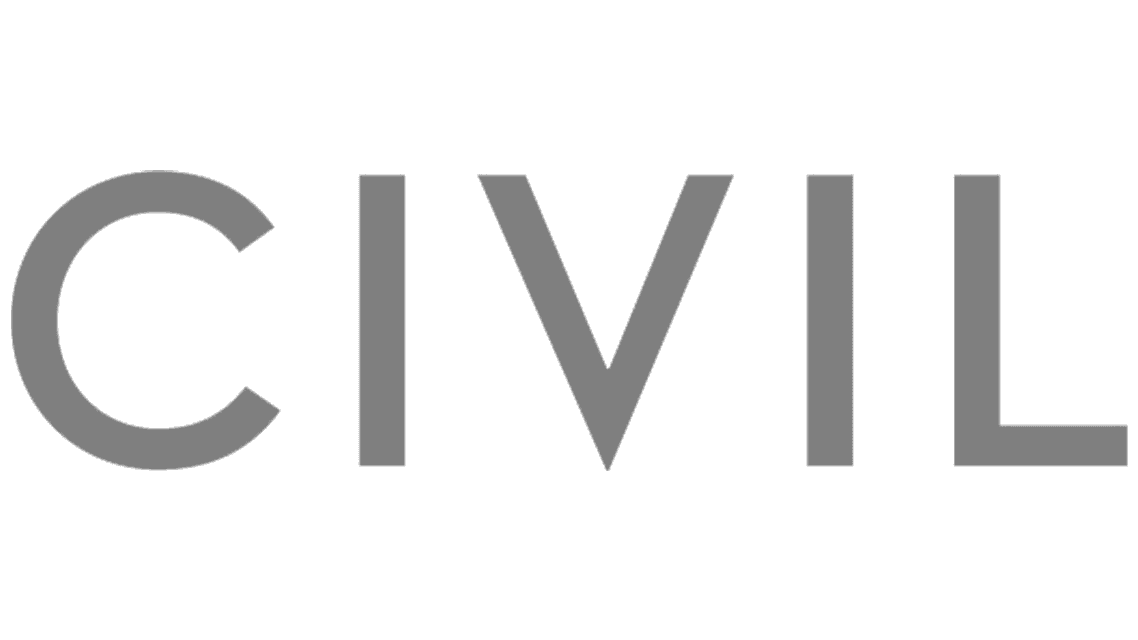
Case study
How Cafébabel managed a multi-language reporting project
In a nutshell
An extensive multimedia reporting project looking at unconventional stories from eight Polish cities to mark the 100th anniversary of the country’s independence.
Background
- Cafébabel is a news magazine producing participatory, long-form journalism. It was founded in 2001 by Erasmus students in Strasbourg and is currently funded by grants from the European Commission. It has a team of 10 full-time and part-time staff members based in five European countries.
- The team decided to look at unreported topics from Poland’s border cities as part of Cafébabel’s relaunch in Poland and to better understand the country’s place in Europe following a change in government.
- Borderline is the fourth big visual storytelling project by Cafébabel Germany, following award-winning Beyond the Curtain (2015), Balkans & Beyond (2016) and Beyond91 (2017).

How did they do it?
- In the summer of 2017, the German Federal Agency for Civil Education (known as the BpB), invited news organisations to pitch story ideas about Poland. Cafébabel had heard from its community that Poland was more complex than media coverage suggested and submitted Borderline as an idea. They were awarded €70,000. The BpB was not involved in any editorial decisions.
- Cafébabel solicited topic pitches from their community before selecting eight ideas from different cities (including Katowice, Szczecin and Lublin). Reporters were chosen based on previous experience of working in Poland and were paired with photographers. All were paid from the grant.
- The eight previously unreported stories included the use of dating apps in the small city of Jelenia Góra and the rise of women’s football in Szczecin. The stories were translated into six languages by professional translators to ensure they could be read by people outside Poland.
- The development of the site was done by Johan Giraud, Cafébabel’s former graphic designer and webmaster, while video journalist Antinea Radomska produced short behind-the-scenes videos and a 30-minute long documentary film to accompany the written pieces.
- Each piece was then shared across Cafébabel’s social media channels, which are run by Cafébabel editors, as well as disseminated via several international media partners including N-ost and Berlinkso.
- The documentary and a selection of photos from the project were then exhibited at Berlin’s ‘Club of Polish Losers’ during October 2018, around the actual anniversary of the centenary. Journalists and photographers were present to discuss the project and experts were invited to participate in a debate entitled ‘Poland in 2018’.
What did they learn?
- Logistics proved to be challenging and required the team to be flexible. For example, the cities that Cafébabel planned to visit changed during the project due to input from editors and the availability of interviewees. Also, it was difficult to ensure that the video journalist could meet everyone she needed to on her road trip around Poland.
- The screening in Berlin was a good opportunity for the whole team to meet and evaluate the project ‘offline’, as they had worked virtually throughout the project.
- The eight pieces were read to various degrees online. The Polish and French versions were most read and reached 4,000 unique visitors with a long dwell time.
- There was very positive feedback from the team of freelance journalists and translators, who felt energised to be part of a big team and involved in ‘something bigger than only personal stories’.
In their own words
Katharina Kloss, project supervisor, Cafébabel
“As a European magazine by and for young people, we thought it is important to conceive cross-border stories that show a more multi-layered perspective on this polarised country.”
How would you improve it?
“We would have loved to organise a kick-off meeting at the beginning of the project to be able to meet all the participants but due to budget restrictions we had to cut this idea.”
Now try it for yourself
- The Center for Cooperative Media at Montclair State University has a whole site of tipsheets and case studies on ways to collaborate
- Journalist and software engineer Heather Bryant has developed Project Facet to help newsrooms manage complex projects and stories better. There’s a free workbook, newsletter and a Slack community if you want to find out more.
- Former foreign reporter David Tilling has written a good guide for the Shorenstein Center’s Journalist Resource site about things to do if you’re thinking about a multi-location story like the Cafébabel one. Top tip: do your homework beforehand.



